
Navigate our blog to delve into informative articles that examine the complex ecosystem of fintech's influence on the future of payments. Discover the potential, challenges, and opportunities within the evolving payments landscape, offering valuable insights for both businesses and consumers.
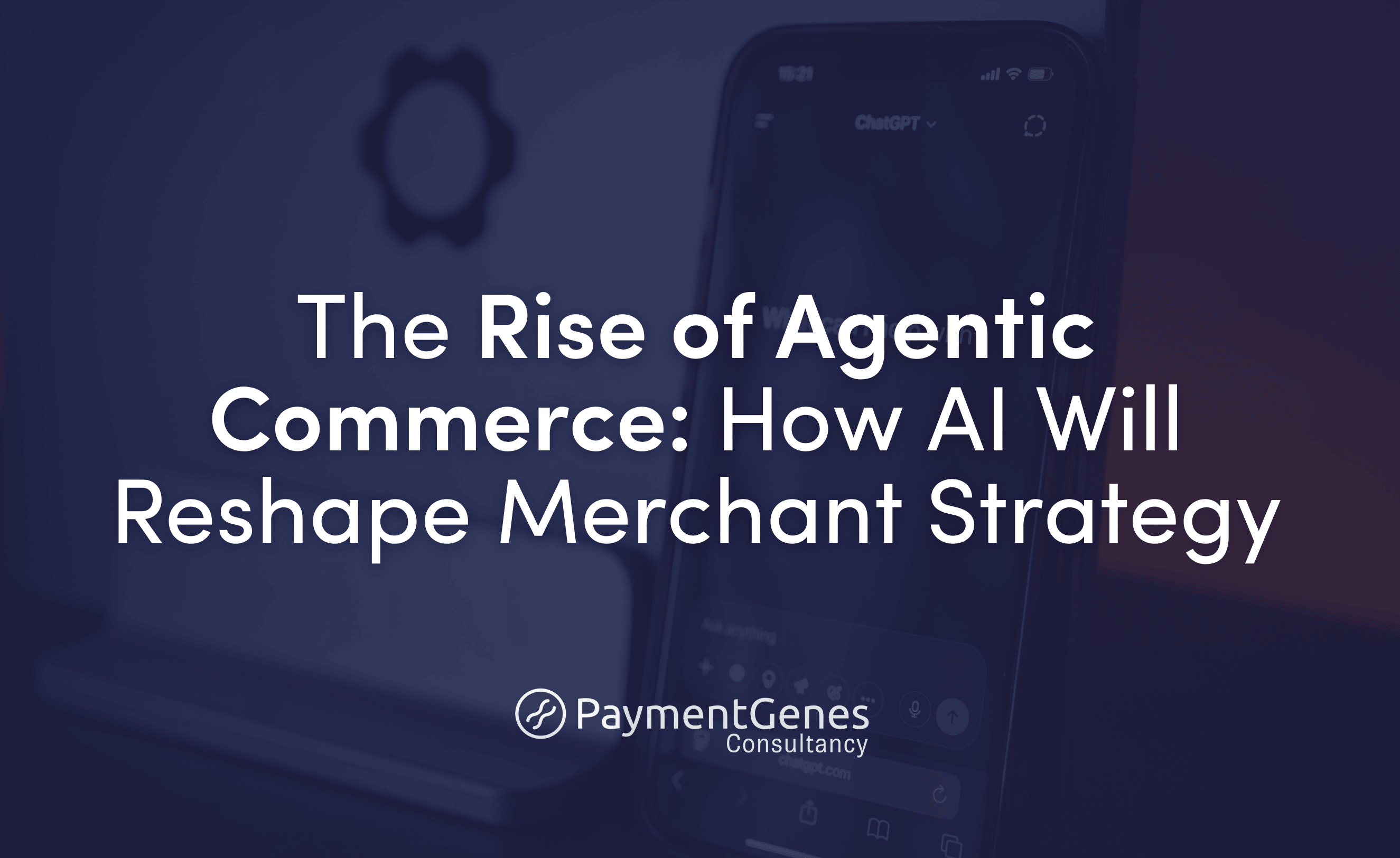
Commerce is on the verge of a full circle moment. In the pre-internet era, buyers and sellers engaged in open market negotiations. Today, those exchanges are implicitly shaped by design, user experience, brand perception, and ease of checkout; subtle forces influencing every purchase decision. Commerce began from human-to-human and evolved into human-to-machine interactions with the introduction of e-commerce. The rise of AI agents marks the next major inflection point as we move towards an even more sophisticated selling environment. AI agents interact on behalf of shoppers, engaging with thousands of stores and catalogues in a matter of seconds to find the best deal, bringing unprecedented speed and convenience to the consumer. On the other hand, merchants face the risk of losing brand loyalty, proximity to customers, or worse, seeing their products and services reduced to commodities in the sea of AI-driven recommendations. In this article we will review the latest developments in agentic commerce from a merchant perspective. We will compare user journeys, potential challenges, implementation models and value creation opportunities.
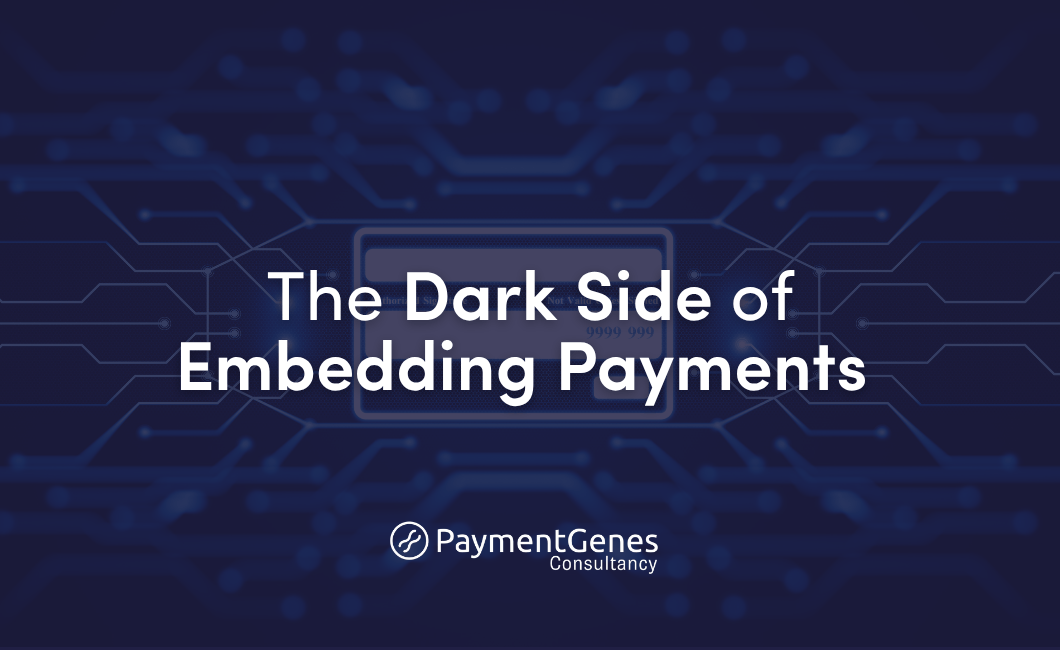
Embedded payments have been the flavour of the year for several years now. Originally conceived as bespoke solutions for some of the largest marketplaces or complex platforms, they are increasingly presented to the wider market as frictionless, value-adding, and revenue-driving - a sort of no-brainer for a medium to large platform, or a SaaS/ ISV player. But for many ISVs, platforms, and merchants, the journey is much more complicated.
.png)
Crypto, blockchain, and Web3 companies aren’t just reshaping financial services - they’re changing what careers in tech and fintech can look like. Whether you’re a developer, designer, marketer, or compliance expert, this is one of the most exciting, fast-moving corners of the job market. But how do you break in? At PaymentGenes, we work with some of the world’s most innovative payments and crypto businesses. We’ve helped engineers become founding CTOs, product managers transition into Web3 strategy roles, and compliance professionals find their niche in decentralised finance (DeFi). And here’s what we’ve learned: getting a job in crypto isn’t about ticking boxes. It’s about understanding the space - and showing up ready to add value.
.png)
Breaking into the payments and fintech industry isn’t just about ticking the right boxes on your CV - it’s about connecting with the right people, showing up in the right places, and knowing how to tell your story. I’ve worked with hundreds of candidates over the years, many of whom weren’t the “obvious choice” on paper - but they landed their dream roles because they knew how to build relationships, learn from others, and stay visible in the right networks. That’s the real secret. If you’re serious about launching or accelerating your career in this space, networking isn’t optional. It’s your bridge into a world that moves fast, values innovation, and is always hungry for curious minds and bold thinkers. Here’s how to build and use that bridge.
.png)
When it comes to building high-performing fintech teams, one question keeps coming up: Should we hire globally or locally? It’s a conversation we’ve had with dozens of clients over the past year - and there’s no one-size-fits-all answer. In a sector where talent is scarce, skills are specialised, and collaboration is key, where someone works is just as important as what they do. Here’s how we help our clients think through the remote work dilemma - and what we believe fintech leaders should consider when making these strategic hiring decisions.
.png)
The fight for payments and fintech talent is no longer just between startups and scaleups. Big Tech is in the ring - and it’s throwing its weight around. Companies like Amazon, Apple, Google, and Meta aren’t just dipping a toe into payments, crypto, or embedded finance. They’re building teams, launching products, and pulling top talent from across the ecosystem - often before you’ve even had a chance to make your move. So how can other firms compete? It starts with understanding what you’re really up against - and where your edge might lie.
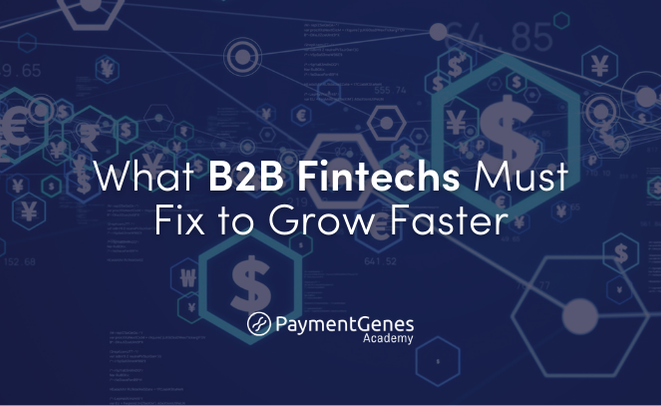
Fintech growth stalls not because of tech or talent, but because teams lack shared payment knowledge. Embedding Payment IQ across functions turns misalignment into momentum, faster decisions, and stronger customer outcomes.
.png)
The digital goods economy is booming. From gift cards and gaming credits to eSIMs and mobile top-ups, merchants are scaling globally at lightning speed. But with that opportunity comes heightened risk: fraud in this space is faster, harder to detect, and more damaging than ever. Alphacomm, the Rotterdam-headquartered payments specialist, has been tackling these challenges for more than 25 years. Their latest solution, Protectmaxx, is designed specifically for digital goods merchants and comes with a rare promise in the industry: a 100% chargeback guarantee. To explore the challenges of fraud in digital commerce, and how Protectmaxx is helping merchants grow safely, we spoke with Michiel Rouppe van der Voort, CEO of Alphacomm.
.png)
Thales PAY, part of Thales Group, has started a strategic transformation. The business line is moving from legacy card issuance to becoming a solution provider of choice for advanced and integrated issuance and transaction management services for banks. To achieve this transformation, the organization identified the need to increase knowledge of the wider payments ecosystem and payment processes
.png)
In today’s competitive FinTech landscape, attracting top talent requires more than competitive salaries. It demands a compelling and authentic employer brand that reflects the real employee experience and communicates a consistent, engaging story to potential hires. To stand out against both tech giants and financial institutions, companies must begin with an honest assessment of their culture, values, and employee experience. A clear Employer Value Proposition (EVP), grounded in what employees genuinely value, is essential. Authenticity is critical; cultural claims must be backed by transparent practices around inclusion, career growth, and wellbeing. Every candidate touchpoint, from job descriptions to social media, should reinforce the brand narrative with inclusive, mission-driven language. Reaching beyond active job seekers through thought leadership, industry events, and employee advocacy helps engage high-quality passive candidates. For organizations experiencing rapid growth or with limited resources, partnering with employer branding specialists can provide access to deep market expertise, established networks, and strategies that align hiring objectives with overall business goals. A strong employer brand serves as a strategic differentiator in FinTech, driving not only recruitment but also loyalty, performance, and long-term growth.
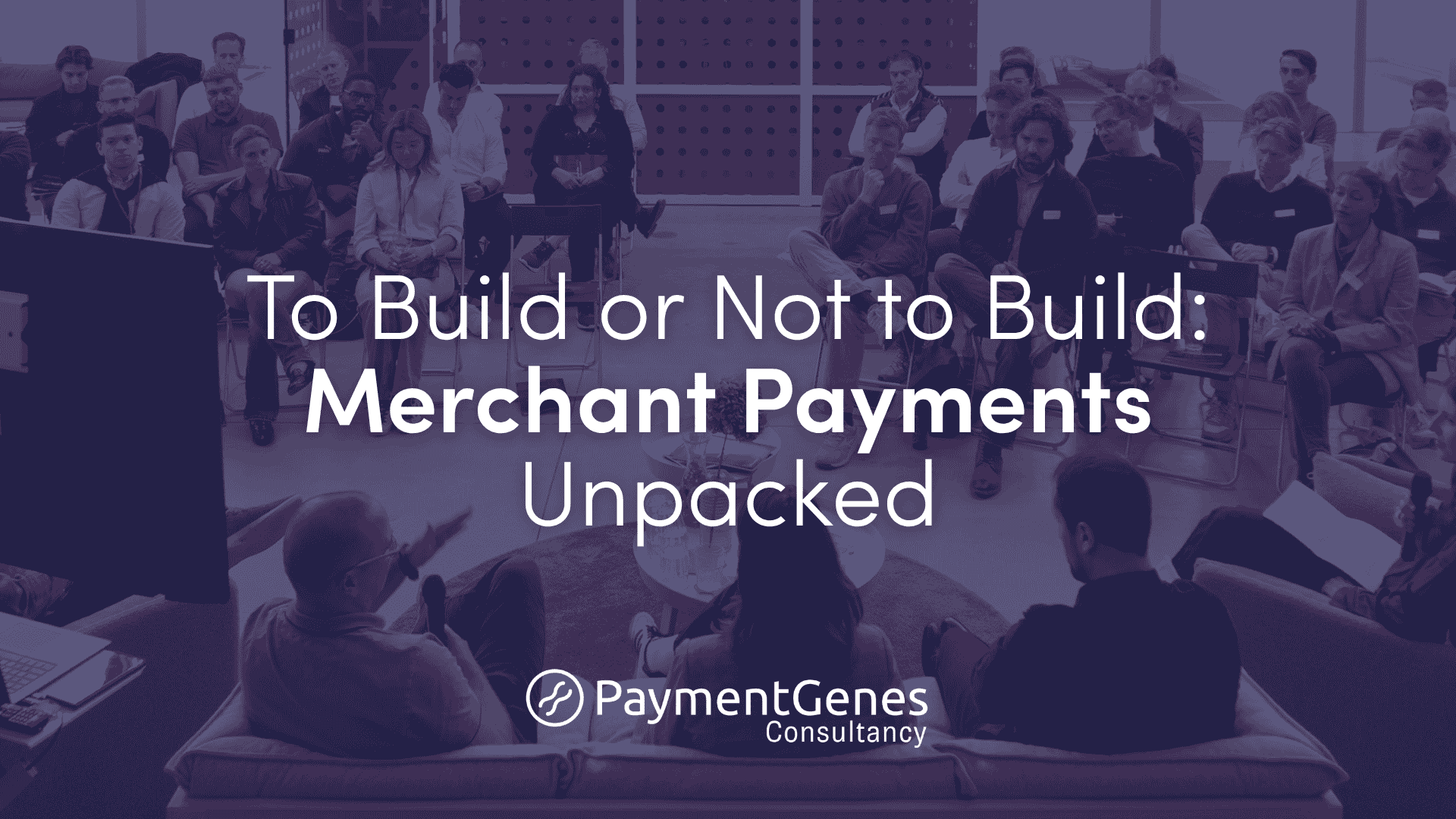
As part of our PaymentGenes Connect series, we partnered with Amsterdam Payment Meetups to host an in-depth panel featuring payment leaders from IKEA, Decathlon, Just Eat Takeaway, Dott, Lemonade, and Hopper. From orchestration stacks to in-person innovation, the message was loud and clear: Payments are a strategic lever for growth.
.png)
The fusion of FinTech with Crypto, DeFi, and Web3 isn’t just a passing trend. It’s a full-scale industry change - and one with enormous implications for your business model, operating margins, regulatory exposure, and talent strategy. Across the C-suite, these technologies are no longer sitting on the horizon. They’re already here, reshaping payments infrastructure, product design, and how value moves through digital ecosystems. Whether you’re a CEO focused on new market expansion, a hiring manager building out a blockchain product team, or a CTO driving blockchain adoption, there’s one constant: your ability to attract and retain the right talent will determine how quickly and confidently you can execute. This article isn’t about the tech itself - it’s about what it means for your hiring strategy, and why your next competitive advantage might not be a product feature, but a person.

Let’s be honest - talking about money can feel awkward. Even seasoned professionals sometimes stumble when it comes to salary negotiation. But if you’re working in FinTech or Payments, your skills are in high demand. And that means you’re valuable. We speak to talented professionals every day - senior engineers, compliance leads, product strategists, data specialists - who aren’t always sure how to position their worth in today’s fast-moving market. It’s not about confidence, it’s about strategy. And that’s something we can absolutely help with. With the right preparation and a bit of guidance, salary negotiation becomes a positive, empowering step in your career growth. Here’s how to do it well.

Expanding into a new market is never a one-size-fits-all approach—especially in the complex and dynamic world of payment card issuing and processing. For Finnish fintech leader Enfuce, entering the BeNeLux region required deep market insights, a localized strategy, and a clear roadmap for success.

Money 20/20 Europe 2024 proved to be more than just another industry event; it was a turning point. After a turbulent 2023 marked by economic headwinds, regulatory uncertainty, and cautious investor sentiment, the 2024 edition felt like a collective exhale. Optimism returned, innovation accelerated, and most noticeably, attendance surged, with significantly more companies represented in Amsterdam than the previous year.
.png)
The future of fintech isn’t arriving, it’s already here. In Payments Pulse 2025, PaymentGenes explores how Open Finance, real-time payments, ESG, fraud innovation, and fintech M&A are no longer siloed topics; they’re intersecting forces shaping the next era of financial services.

One of the toughest challenges facing FinTech leaders today isn’t just developing game-changing products or expanding into new markets. It’s finding the people who can keep your business on the right side of constantly changing regulatory demands. And that’s not just a legal box to tick - it’s a core driver of trust, market access, and long-term viability.

In FinTech, talent is the true competitive edge, not just product or funding. But as the industry evolves with AI, rising regulation, and growing cyber threats, so do the skills required. The challenge now isn’t just finding top talent: it’s keeping them.

The Payments and FinTech industry is one of the most competitive landscapes in the business world today. Companies are racing to capture market share, enhance profitability, and build innovative solutions that transform financial services. But success depends not just on cutting-edge technology, but on the talent driving your business forward. Yet, hiring the right talent is increasingly complex. The best candidates - the ones who can shape your product, drive customer loyalty, or scale your operations - aren’t actively job-hunting. They’re thriving in their current roles, selectively weighing their options, or relying on their networks rather than job boards. Finding and securing them requires more than just a standard recruitment process - it demands an insider’s perspective, deep industry knowledge, and an extensive, highly engaged network. That’s where specialised recruiters come in.

Done right, RPO is a strategic approach to human capital that helps Payments & FinTech companies scale, attract top-tier talent, strengthen employer branding, and retain key employees. It’s not just about recruitment - it’s about building a workforce that fuels long-term growth and innovation.
.png)
Our industry is at a pivotal moment. We’re witnessing rapid advancements in AI-driven fraud detection, blockchain-based payment solutions, and real-time data analytics. But while the potential for innovation is immense, the availability of qualified professionals is severely limited.

If there’s one thing we've learned from working in FinTech recruitment, it’s that the competition for top talent is relentless. The industry moves fast - new startups emerge, established players expand, and the demand for specialised skills continues to outstrip supply. But while the war for talent rages on, the real winners aren’t just those offering the highest salaries - they’re the companies that truly understand how to attract, engage, and retain the best people. So, how do you ensure your organisation stands out as a destination for top FinTech talent?
.png)
The FinTech industry is one of the fastest-growing and most disruptive sectors in the global economy. As digital payments, embedded finance, and AI-driven solutions continue to reshape financial services, the demand for skilled professionals is at an all-time high. But with rapid innovation comes intense competition - how do you stand out and secure your dream role in 2025?
.png)
The FinTech industry is experiencing an unprecedented transformation - one where innovation, talent shortages, and evolving work models are reshaping the hiring landscape. As companies race to build cutting-edge solutions in payments, digital banking, blockchain, and AI-driven financial services, finding and securing the right talent has never been more critical - or more challenging.

What if preventing burnout started long before an employee's first day? According to the World Health Organization, burnout is a syndrome caused by chronic workplace stress that hasn’t been successfully managed.

The European fleet and mobility industry is undergoing a major shift driven by the rise of electric vehicles (EVs), sustainability goals, and the need for seamless payment solutions. However, fragmented payment systems remain a key challenge, making it difficult for businesses and consumers to manage fuel and EV charging transactions efficiently. The industry is moving away from closed-loop systems towards open-loop payment solutions that offer broader acceptance and interoperability. This transformation requires collaboration across stakeholders, alignment with industry standards, and innovative technology solutions. As digitalization accelerates, businesses must adopt future-proof payment strategies to remain competitive in the evolving mobility landscape.
.png)
Merchants often struggle with complex payment infrastructures that hinder growth, but optimizing payment setups with flexible solutions can improve efficiency, reduce costs, and enhance customer experiences. Emerging payment methods like carrier billing are reshaping the payments landscape, enabling businesses to scale seamlessly and stay competitive in an evolving digital economy.

From EV charging solutions to the rise of account-to-account payments, industry leaders have been discussing how innovation is reshaping convenience, loyalty, and the customer experience in the context of mobility.
.png)
The Adyen Experience event showcased how leading brands like JET, Rituals, and Adyen are pioneering new approaches in payments. JET shared its recent replatforming to a unified payments system, accelerating new payment method launches and adapting to regional differences like tipping. Rituals focused on enhancing in-store customer journeys with tap-to-pay and tailored recognition features, while Adyen unveiled “Adyen Uplift,” an AI-driven initiative for conversion optimization, alongside practical advice on adopting AI solutions incrementally. This event underscored the importance of strategic, adaptable approaches in payments, inspiring businesses to explore similar advancements.
.png)
The discussions focused on the increasing risks of fraud as payment volumes surge, the need to balance security with a seamless user experience, and the importance of using AI-driven tools and real-time data to prevent fraud early.
.png)
Seamless Europe 2024 gathered over 2,000 attendees to explore critical trends in payments and fintech, including fraud prevention, risk management, and AML compliance. Jeroen van Dijk and Oriane Zandvliet from PaymentGenes highlighted the event’s focus on adapting to Europe’s evolving regulations and advancing financial inclusion. The networking opportunities and personal connections made were invaluable, underscoring the importance of attending for anyone looking to stay competitive in the fast-changing digital landscape.
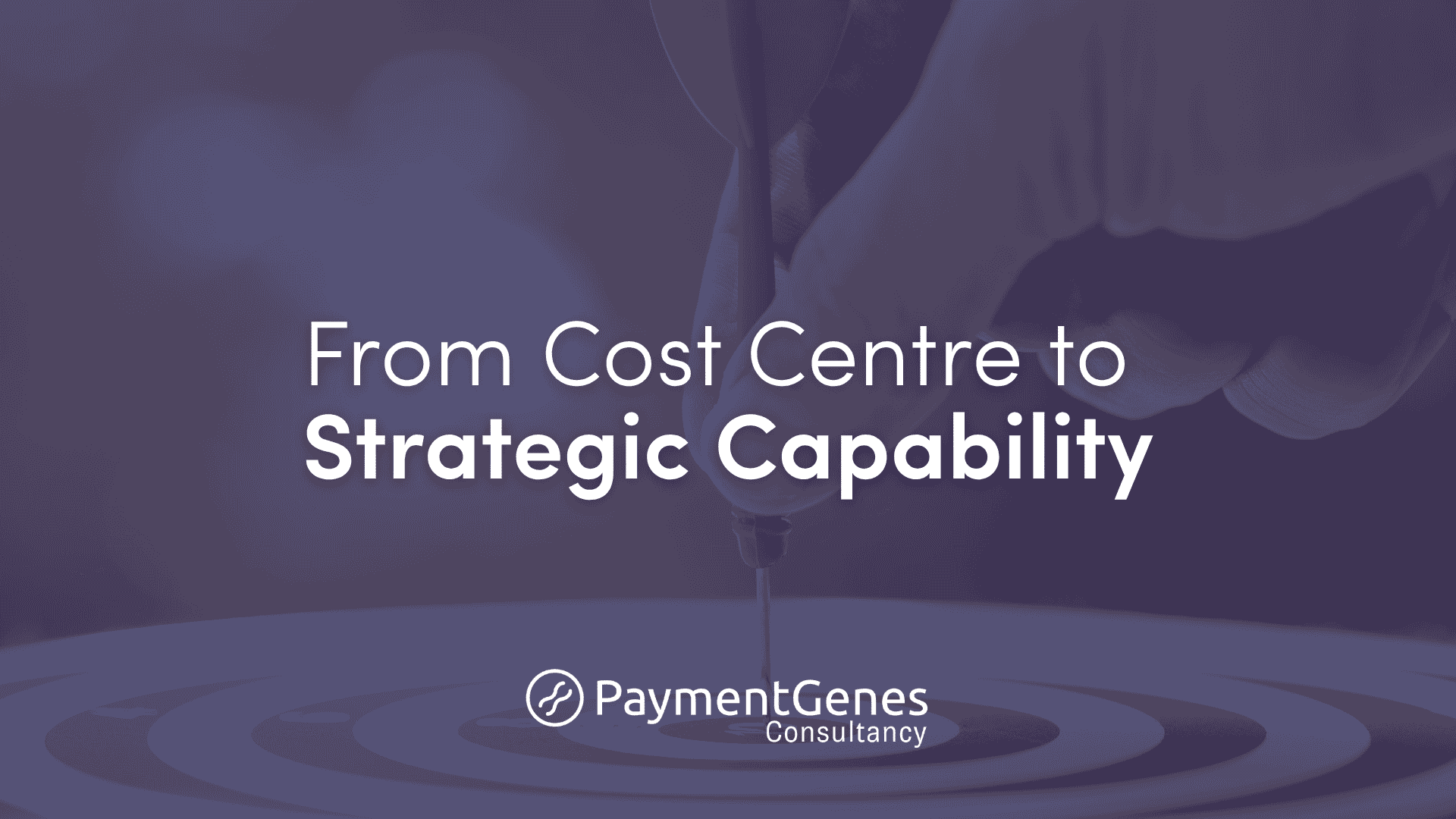
Discover how payment processing is transforming from a cost centre into a strategic capability that drives growth, enhances customer experiences, and provides a competitive edge.

Join us to explore the pivotal role of company values in the competitive landscape of Payments and FinTech, we advocate for their integration into organizational strategies to attract consumers, talent, investors, and partners effectively.

Uncover the hidden costs of mis-hires: beyond finances, they drain productivity and damage company culture. Learn essential strategies for prevention, from rigorous vetting to transparent expectations and leveraging expert recruitment agencies like PaymentGenes Recruitment for top talent acquisition.
.png)
Europe's electric car market is booming, but public EV charging faces payment complexities. Currently, fragmented systems lead to inconvenient experiences for drivers. Both consumers and regulators favor card payments, aiming for accessibility.
.png)
The new partnership, named PaymentGenes Recruitment, will empower fintechs and payments firms to find, hire and retain the right talent at scale, while helping businesses achieve sustainable growth across the globe

CCV GmbH and Bender Group have teamed up to introduce open payment terminals in EV charging stations across Europe. This collaboration, facilitated by PaymentGenes, aims to enhance the EV-charging experience by providing seamless payment solutions. Over 300,000 payment terminals will be installed, enabling contactless payments and eliminating the need for subscriptions. Visit CCV and Bender at Power2Drive Europe in Munich.

The payments industry is rapidly evolving, and as technology advances, the need for top talent becomes even more crucial. Hiring the right people can make or break your business. In this article, we'll explore 10 strategic hires that have transformed the payments industry and discuss how you can apply their successes to your own business.
